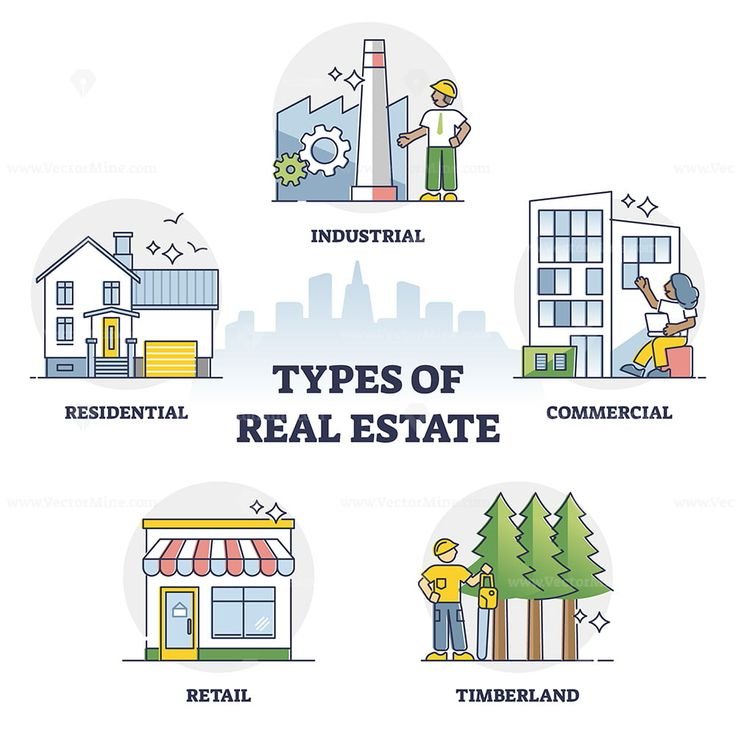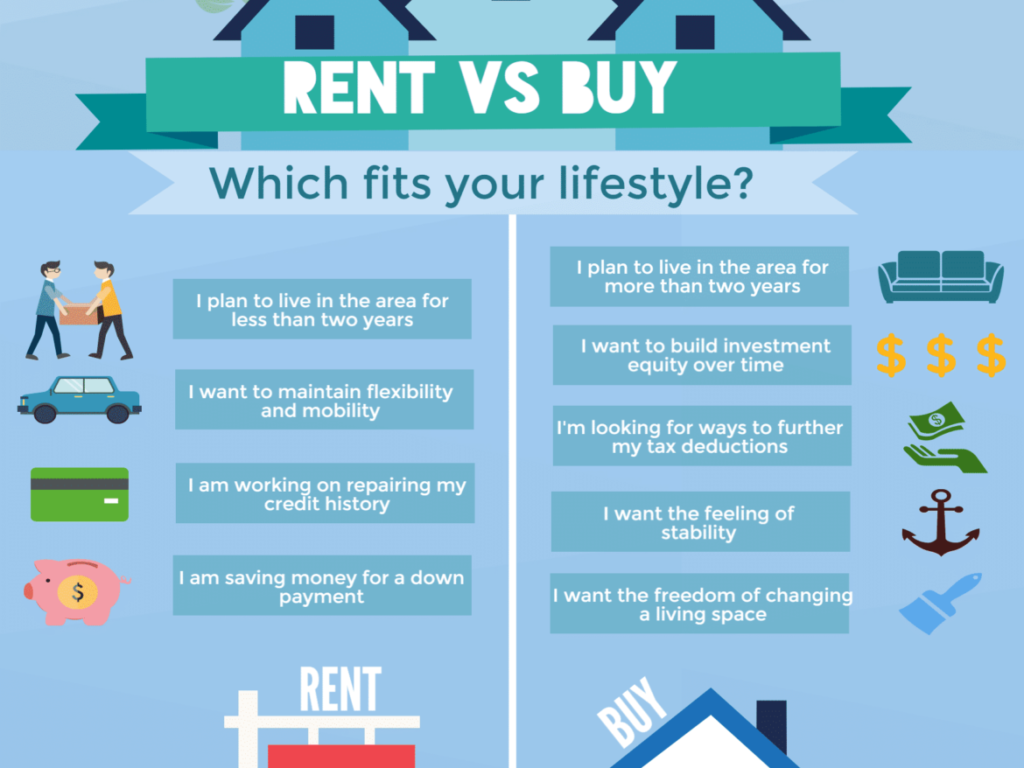Have you ever wondered, “What exactly is real estate?” You’re not alone. Whether you’re considering buying your first home, investing in property, or exploring a career in real estate, understanding the basics is essential.
In this beginner-friendly guide, we’ll explore:
- The meaning of real estate
- Different types of real estate
- Why it’s a popular investment choice
- And much more
Let’s dive into the world of real estate and uncover what makes it such a powerful asset class.
1. What Is Real Estate?
Real estate refers to land and any permanent structures attached to it, such as houses, apartments, offices, shops, and industrial buildings. It includes both the physical property and the rights associated with owning that property.
📌 In simple terms, real estate is about buying, selling, renting, or developing property — and it plays a crucial role in personal wealth building and economic growth.
2. Types of Real Estate
There are several categories of real estate, each serving different purposes. Here are the most common types:
A. Residential Real Estate
This includes properties used for living purposes.
Examples:
- Single-family homes
- Apartments
- Townhouses
- Duplexes and multi-family units
📌 Ideal for first-time investors and homeowners alike.
B. Commercial Real Estate
Properties used for business purposes.
Examples:
- Office buildings
- Shopping centers
- Hotels and restaurants
- Industrial parks
📌 Offers higher income potential but often requires larger investments.
C. Industrial Real Estate
Buildings used for manufacturing, distribution, or storage.
Examples:
- Factories
- Warehouses
- Distribution centers
📌 Popular among investors due to long-term lease agreements.
D. Land
Undeveloped land or vacant plots that can be used for future development.
Examples:
- Agricultural land
- Residential plots
- Commercial zoned land
📌 Often purchased for appreciation or future use.
E. Special Purpose Real Estate
Properties designed for specific uses.
Examples:
- Schools
- Churches
- Government buildings
- Hospitals
📌 Not typically bought or sold like other types of real estate.

3. How Does Real Estate Work?
Real estate functions through a market system where buyers, sellers, renters, and investors interact.
Key Players in the Real Estate Market:
- Buyers : Individuals or companies purchasing property.
- Sellers : Owners looking to sell their property.
- Agents/Brokers : Licensed professionals who help facilitate transactions.
- Developers : Companies or individuals who build new properties.
- Tenants : People who rent property from owners.
Common Real Estate Transactions:
- Buying and selling property
- Renting or leasing space
- Investing in real estate funds or REITs
- Flipping houses for profit
📌 Real estate markets vary by location, price range, and demand.
4. Why Invest in Real Estate?
Real estate has long been one of the most effective ways to build wealth. Here’s why:
A. Steady Income Through Rent
Owning rental property provides regular cash flow from tenants.
B. Appreciation Over Time
Property values tend to increase over time, especially in growing areas.
C. Tax Benefits
Owners can benefit from deductions on mortgage interest, property taxes, and depreciation.
D. Leverage
You can buy property using borrowed money (like a mortgage), allowing you to control a large asset with a smaller upfront investment.
E. Portfolio Diversification
Adding real estate to your investment mix helps reduce overall risk.
📌 Many millionaires have built their wealth through smart real estate investments.

5. Real Estate Around the World
Real estate is a global industry, with unique characteristics in every country.
Trends in Kenya:
- Rapid urbanization driving housing demand
- Affordable housing projects supported by the government
- Rise in online property platforms like BuyKenya and Zameen Africa
Global Examples:
- United States: High use of REITs (Real Estate Investment Trusts)
- Dubai: Tax-free environment attracting international investors
- Germany: Strong rental market with strict tenant protections
📌 Local laws, market trends, and cultural factors shape how real estate operates in different regions.
Conclusion: Real Estate Is More Than Just Property
Real estate is a dynamic and rewarding field that offers opportunities for everyone — whether you’re looking to buy your dream home, generate passive income, or build a successful business.
Understanding what real estate is and how it works is the first step toward making informed decisions and unlocking its full potential.
So whether you’re just starting out or already involved in the industry, remember: real estate isn’t just about bricks and mortar — it’s about creating value, building equity, and shaping the future.
Frequently Asked Questions (FAQ)
Q: Is real estate a good investment?
A: Yes, real estate can provide stable income, appreciation, and tax benefits when managed well.
Q: Can I invest in real estate with little money?
A: Yes! Options like crowdfunding, joint ventures, and house hacking allow small-budget entry.
Q: What is the difference between real estate and real property?
A: “Real estate” refers to the land and buildings; “real property” includes ownership rights along with the physical property
